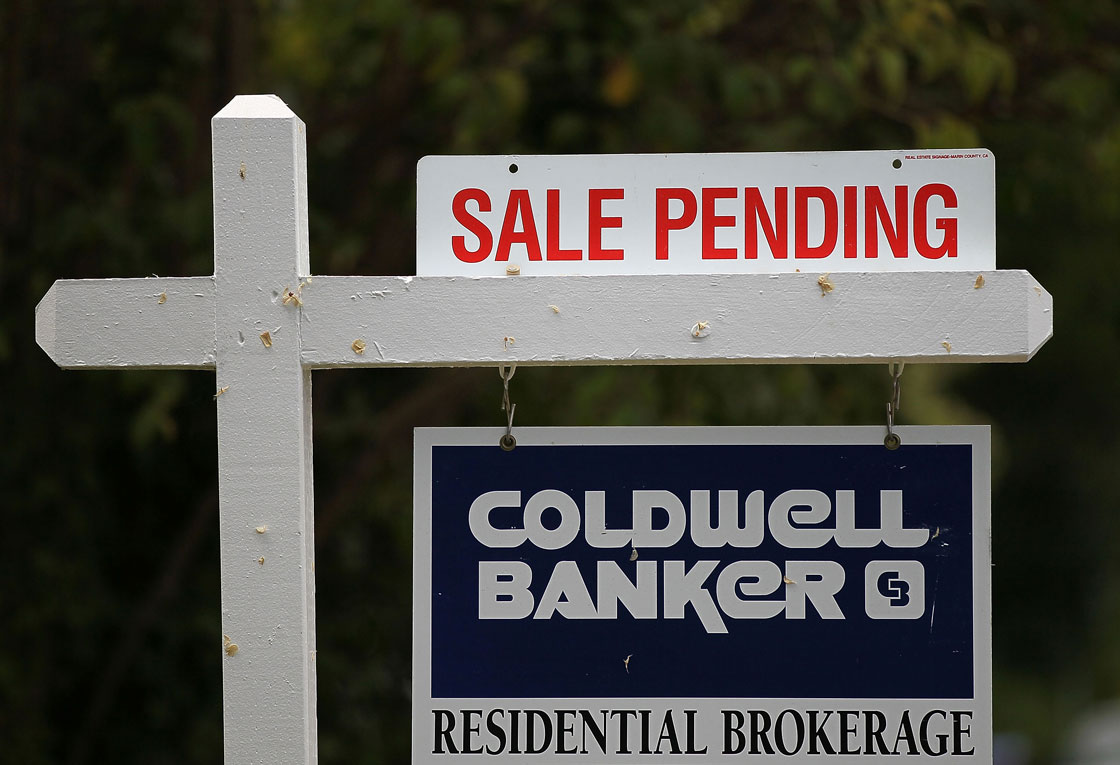People used to say the word rent like it was a dirty word. However, depending on your geography and income, buying a home may not be a viable option or the best financial decision. Renting may be the better financial choice.

When renting may be better
Housing costs continue to soar in many communities across Canada and paycheques are being squeezed tighter and tighter. In this tough economic environment, many people are purchasing homes they cannot actually afford. In other words, they are house poor.
When you purchase a home you can’t afford, it is likely that there will not be enough money left over each month to save for home repair, maintenance and emergencies. However, if your roof leaks or the furnace breaks, regardless of your savings account, you need to pay for these repairs.
I often see these types of expenses go straight onto lines of credit or even credit cards. But since cash is tight, there aren’t additional funds to pay down the debt and household debt levels begin to climb. According to Statistics Canada’s Household Debt Distribution study, in 2009 households who rented carried less consumer debt than households who owned, excluding mortgage debt. That’s very telling.
Buying a home may not be a good financial decision if you cannot afford it. With tight cash flow, there is not enough to save for emergencies and potentially retirement. In addition, you risk plunging your household into higher-interest consumer debt.
When buying may be better
Purchasing a home can be a great way to build equity over time if you can afford it. If you purchase an affordable home now, you are able to handle emergencies, repairs and potential rising interest rates. In addition, you’re also able to save for other long-term goals and avoid carrying massive amounts of consumer debt. Plus, if you sell your home at a higher price than you paid, you can receive a tax-free capital gain.
- Small grocers, co-ops receiving boost from Loblaw boycott: ‘A lot of anger’
- U.K. bans generic passwords over cybersecurity concerns. Should Canada be next?
- Overwhelmed with spam texts? Stats show the problem is getting worse
- How caregiving impacts a generation of Canadians: ‘Unpaid work does not end’
Purchasing can definitely be a wonderful financial decision. It is all about affordability.
Can you afford to buy?
1. Ensure you have a sizeable down payment
The Canada Mortgage and Housing Corporation will consider you a high ratio mortgage if your down payment is less than 20 per cent of the purchase price of the house. They will charge you mortgage loan insurance, which is paid as an insurance premium based on a percentage of your home’s purchase price. The additional cost is either rolled into your mortgage or paid in a lump sum. Try to avoid this additional cost, wait until you have a 20 per cent down payment. The higher the down payment, the smaller the mortgage and monthly bills will be.
Also, don’t forget to save for closing costs. Estimate approximately two per cent of purchase price on top of your 20 per cent down payment.
2. Ensure that you can afford the monthly bills
This is how you avoid being house poor. Tally up all monthly fixed costs including: all housing costs, transportation, medical/health, child care, legal fees, other debt payments, groceries, toiletries, insurance, etc.
These total fixed costs should be approximately 50 per cent, no higher than 60 per cent, of your household monthly after-tax income. If your fixed monthly payments are only 50 – 60 per cent of your after-tax income, there is enough monthly income to save and spend after all bills are paid.
There is no black and white rule when it comes to the rent vs. own debate. There are many different factors that go into a solid financial decision. But, no matter what your financial situation, if you’re going to purchase a home, make sure you can afford it.




Comments